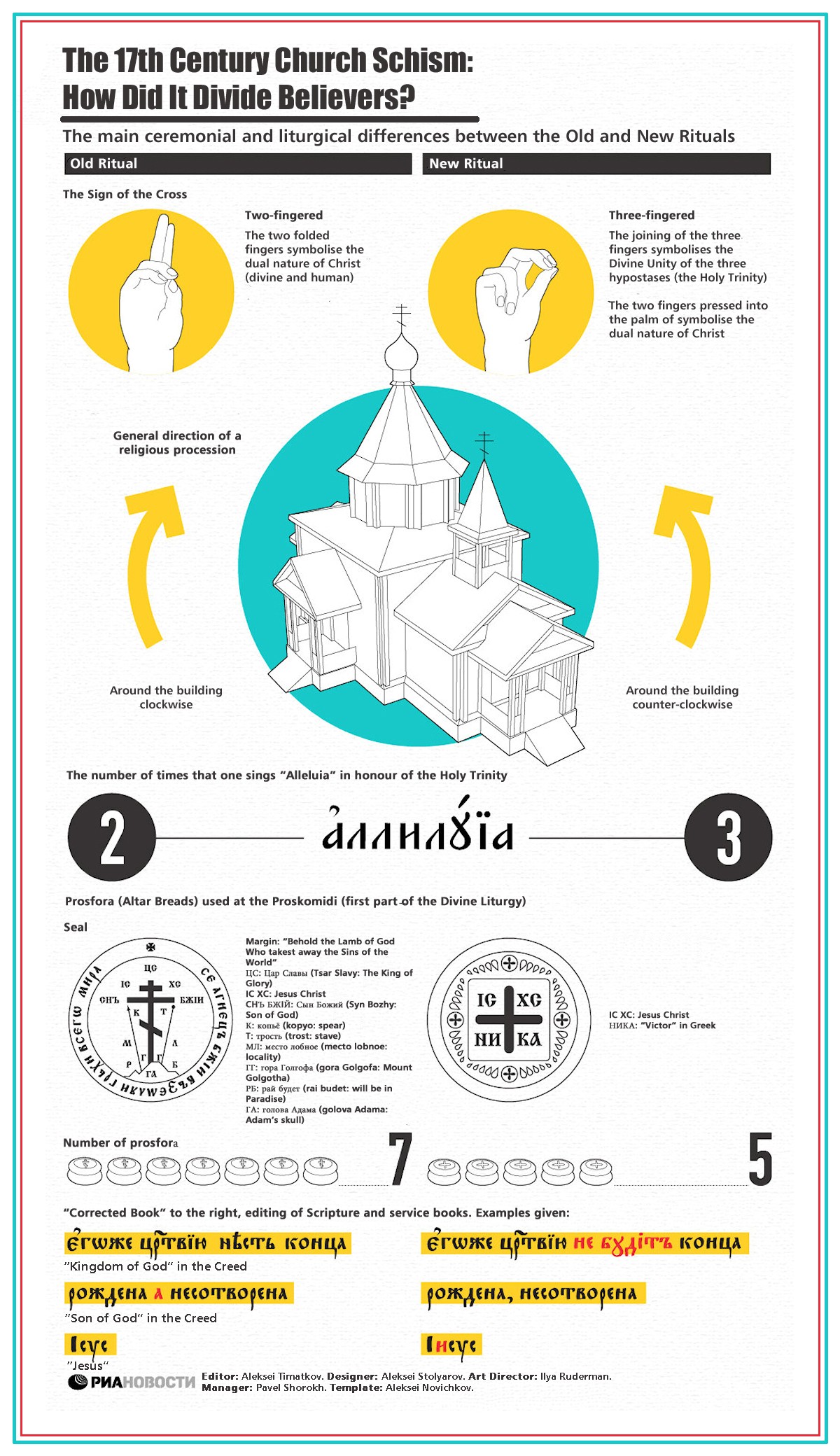Uncover The Fascinating Background Of Catholic Colleges And Their Deep Result On Education And Learning-- Could Their Traditions Give Understandings For Future Understanding?
Uncover The Fascinating Background Of Catholic Colleges And Their Deep Result On Education And Learning-- Could Their Traditions Give Understandings For Future Understanding?
Blog Article
Composed By-copyright Lanier
When you consider the history of education, Catholic colleges stick out for their ingrained customs and enduring influence. These organizations began as a means to instill belief and worths, but they've adjusted extremely over centuries. Today, they play a crucial duty in shaping not simply scholastic success however also moral integrity. What's interesting is how they've handled to thrive amidst changing social landscapes, questioning regarding their future significance and influence.
The Origins of Catholic Education And Learning: A Historical Perspective
Catholic education and learning traces its roots back over 1,500 years, when very early Christian areas acknowledged the demand for organized understanding. You'll locate that these communities aimed to pass on their belief and values with education.
Monasteries and sanctuary institutions ended up being centers of discovering, supporting both spiritual and intellectual development. As mouse click the following article dive much deeper, you'll see that the educational program often consisted of viewpoint, theology, and the liberal arts, made to form versatile individuals.
Gradually, the Church developed much more formal establishments, ensuring that education and learning stayed accessible to all. The dedication to training ethical values and fostering a sense of neighborhood has actually lingered via the centuries, shaping the academic landscape and influencing numerous lives worldwide.
This enduring tradition continues to influence Catholic education and learning today.
The Development of Catholic Colleges Through Cultural Contexts
As societies evolved, so did the role of Catholic colleges, adapting to the cultural contexts in which they existed. In the very early years, these institutions concentrated largely on spiritual direction, but as communities diversified, they began to integrate regional languages, custom-mades, and academic demands.
https://adlerwilson20.wordpress.com/2025/06/14/learn-about-the-means-catholic-colleges-weave-character-education-right-into-their-curriculum-nurturing-kindness-regard-and-integrity-in-pupils-expose-the-significant-impact-this-has-on-their-liv/ 'd notice that Catholic colleges often ended up being facilities for social communication, fostering a feeling of belonging among pupils from various backgrounds. In several areas, they resolved societal problems, such as destitution and discrimination, by offering easily accessible education and learning for all.
As you discover various societies, you'll see how Catholic schools have moved their curricula and teaching techniques, mirroring the values and challenges of their settings while remaining true to their foundational mission of confidence and academic quality.
The Modern Function and Effect of Catholic Schools in Culture
In today's world, Catholic institutions play a vital duty in shaping not simply the instructional landscape, but additionally the wider community.
You'll discover that these institutions stress worths like respect, compassion, and social justice, fostering all-round individuals that add favorably to society. By focusing on scholastic quality and ethical growth, Catholic schools prepare trainees for future challenges, supporting crucial thinking and leadership abilities.
They usually serve varied populaces, connecting spaces in accessibility to quality education and learning. Furthermore, you could notice their commitment to service, motivating students to take part in area outreach and volunteer job.
This mix of education and moral advice makes Catholic schools a considerable force, cultivating liable citizens who can affect their communities for the better.
Verdict
In conclusion, Catholic colleges have an abundant history that's formed their enduring influence on society. You have actually seen just how they have actually adapted to various social contexts while maintaining a commitment to faith, worths, and academic excellence. Today, they remain to play an important function in fostering neighborhood, advertising social justice, and nurturing liable citizens. As you review their legacy, it's clear that Catholic schools remain an effective force for positive change on the planet.
